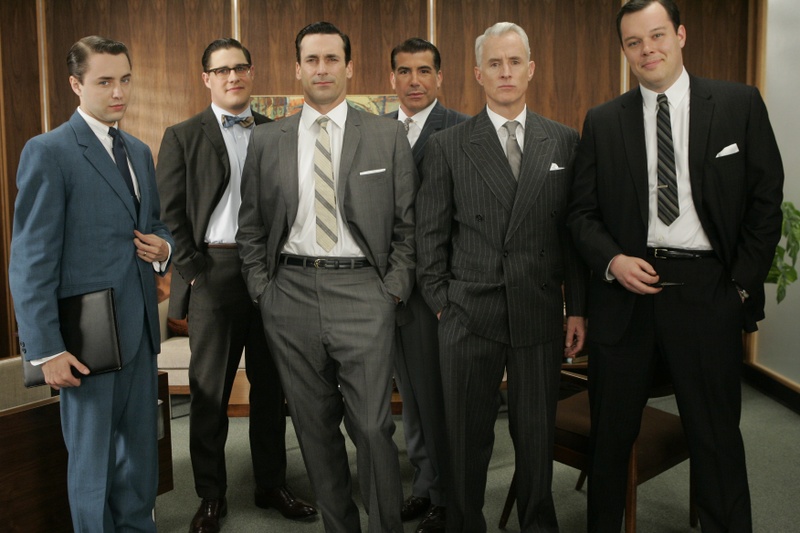 Thanks to my illustrious coauthor, I’ve become completely hooked on Mad Men this past week. If you aren’t watching, you’re missing one of the greatest shows on television right now. It’s set at a fictional Madison Avenue advertising firm in the early 1960s. Aside from being a great drama, it meticulously recreates that halcyon era of American life.
Thanks to my illustrious coauthor, I’ve become completely hooked on Mad Men this past week. If you aren’t watching, you’re missing one of the greatest shows on television right now. It’s set at a fictional Madison Avenue advertising firm in the early 1960s. Aside from being a great drama, it meticulously recreates that halcyon era of American life.While watching it, I couldn’t help thinking about the economic angle as well. In a lot of ways, it’s also a show about being rich in the early 60s. What did that mean? For Don Draper, the main character, it’s a huge house in the suburbs, a fancy car, and a high degree of leisure consumption in the swankiest parts of Manhattan. But what makes the show truly great, in my opinion, is how it faithfully captures the social mores of the period, which informed people’s behavior. What I found truly striking on the show is how everyone consumes like nothing is ever going to run out. There seems to be an undercurrent that things can only get better, which dovetails nicely with the economic realities of the time (postwar expansion, yet to be interrupted by the oil shocks of the 70s). Contrast that with today, where we have a massive climate change problem and economic uncertainty, and (right or wrong) Malthusian predictions about humanity’s ability to feed itself are common.
A simpler era? (Putting aside that whole mutually assured destruction thing, of course...)



1 comment:
Such. a good. show.
Post a Comment